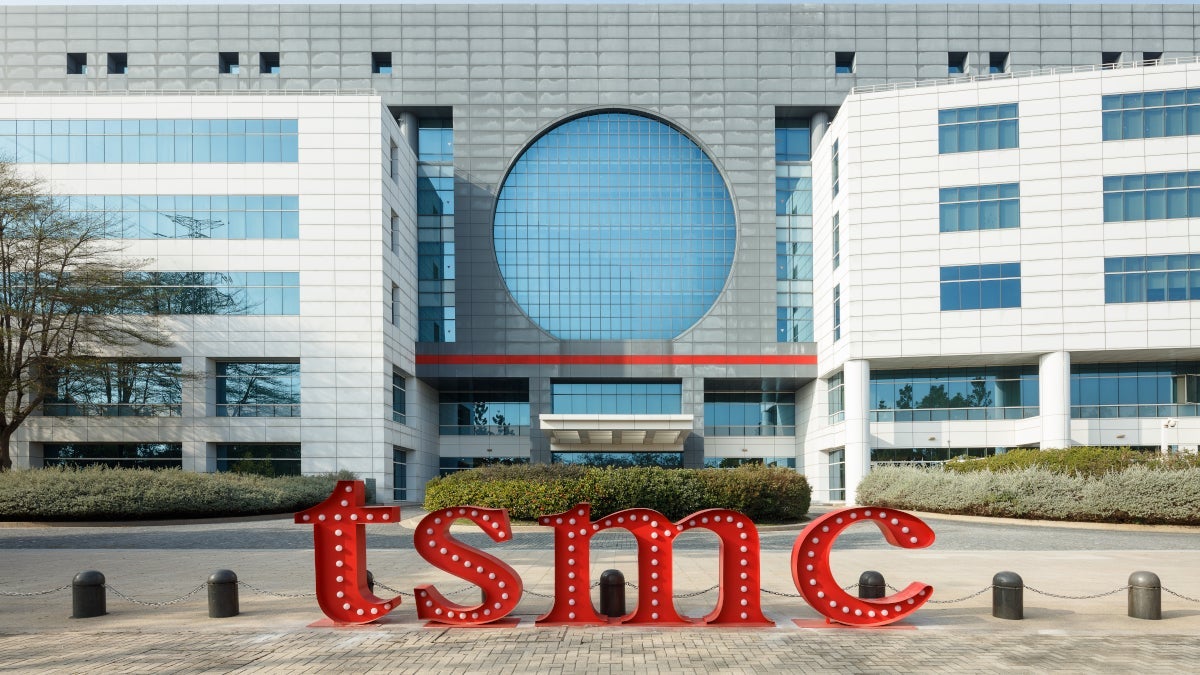News outlets have been spreading this "rumor" as fact. Personally I do not believe it, not even close. Does anyone know different? I will be at an industry event next week and will find out.
According to TechNews’ report, there are recent rumors indicating that AMD’s next-generation chip, with the Zen5C architecture codenamed “Prometheus,” will adopt a “Dual Foundry Mode.” This means it will simultaneously utilize TSMC’s 3nm and Samsung’s 4nm processes. This move suggests that AMD aims to diversify chip manufacturing, avoiding reliance solely on TSMC for its upcoming products.

 www.trendforce.com
www.trendforce.com
Rumors swirl around AMD’s upcoming chip architecture, codenamed “Prometheus,” featuring the Zen 5C core. As reported by TechNews, the chip is poised to leverage both TSMC’s 3nm and Samsung’s 4nm processes simultaneously, marking a shift in the competitive landscape from process nodes, yield, and cost to factors like capacity, ecosystem, and geopolitics, are all depends on customer considerations.

 www.trendforce.com
www.trendforce.com
According to a report from Wccftech, senior executives at Samsung have indicated that major players such as super-scale data centers, automotive original equipment manufacturers (OEMs), and other clients have been in contact with Samsung, considering the adoption of Samsung’s foundry services to manufacture their designed chips.

 www.trendforce.com
www.trendforce.com
According to TechNews’ report, there are recent rumors indicating that AMD’s next-generation chip, with the Zen5C architecture codenamed “Prometheus,” will adopt a “Dual Foundry Mode.” This means it will simultaneously utilize TSMC’s 3nm and Samsung’s 4nm processes. This move suggests that AMD aims to diversify chip manufacturing, avoiding reliance solely on TSMC for its upcoming products.

[News] Samsung Reportedly Lands a 4nm Mega Order – Why is AMD Switching to “Dual Foundry Mode” for Its Next-Gen Chips? | TrendForce News
According to TechNews’ report, there are recent rumors indicating that AMD's next-generation chip, with the Zen5C architecture codenamed "Prometheus,"...
Rumors swirl around AMD’s upcoming chip architecture, codenamed “Prometheus,” featuring the Zen 5C core. As reported by TechNews, the chip is poised to leverage both TSMC’s 3nm and Samsung’s 4nm processes simultaneously, marking a shift in the competitive landscape from process nodes, yield, and cost to factors like capacity, ecosystem, and geopolitics, are all depends on customer considerations.

[News] A battle on 4nm: AMD Teams Up with Samsung, while Google Weighs Supplier Split | TrendForce News
Rumors swirl around AMD's upcoming chip architecture, codenamed "Prometheus," featuring the Zen 5C core. As reported by TechNews, the chip is poised t...
According to a report from Wccftech, senior executives at Samsung have indicated that major players such as super-scale data centers, automotive original equipment manufacturers (OEMs), and other clients have been in contact with Samsung, considering the adoption of Samsung’s foundry services to manufacture their designed chips.

[News] Samsung Reportedly Secures AMD and Tesla Orders for 4/5 nm Chips | TrendForce News
According to TechNews' report, during a recent financial conference, Samsung revealed its plans to diversify its sales structure by expanding its clie...


